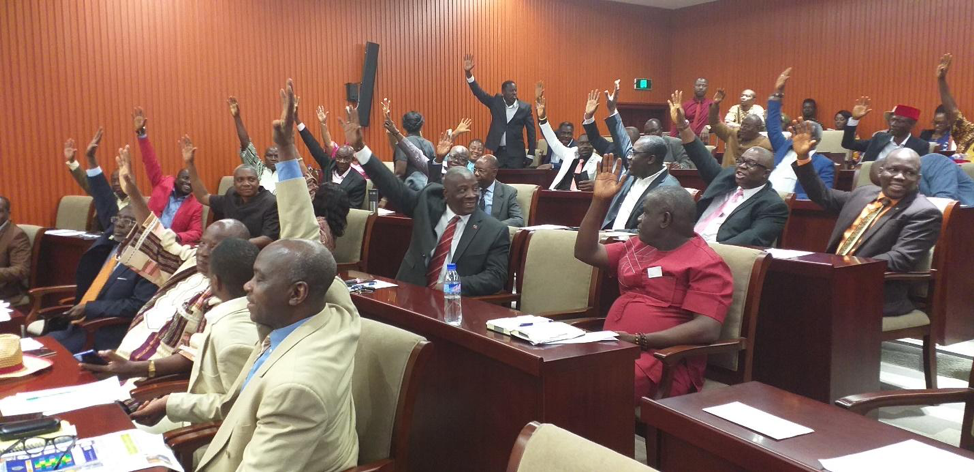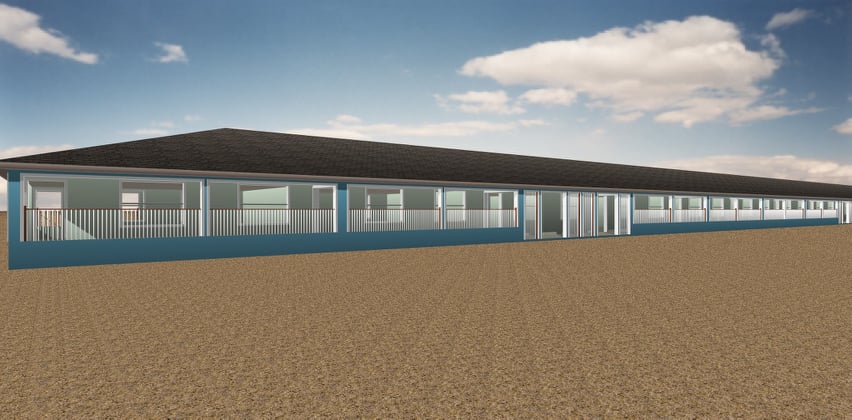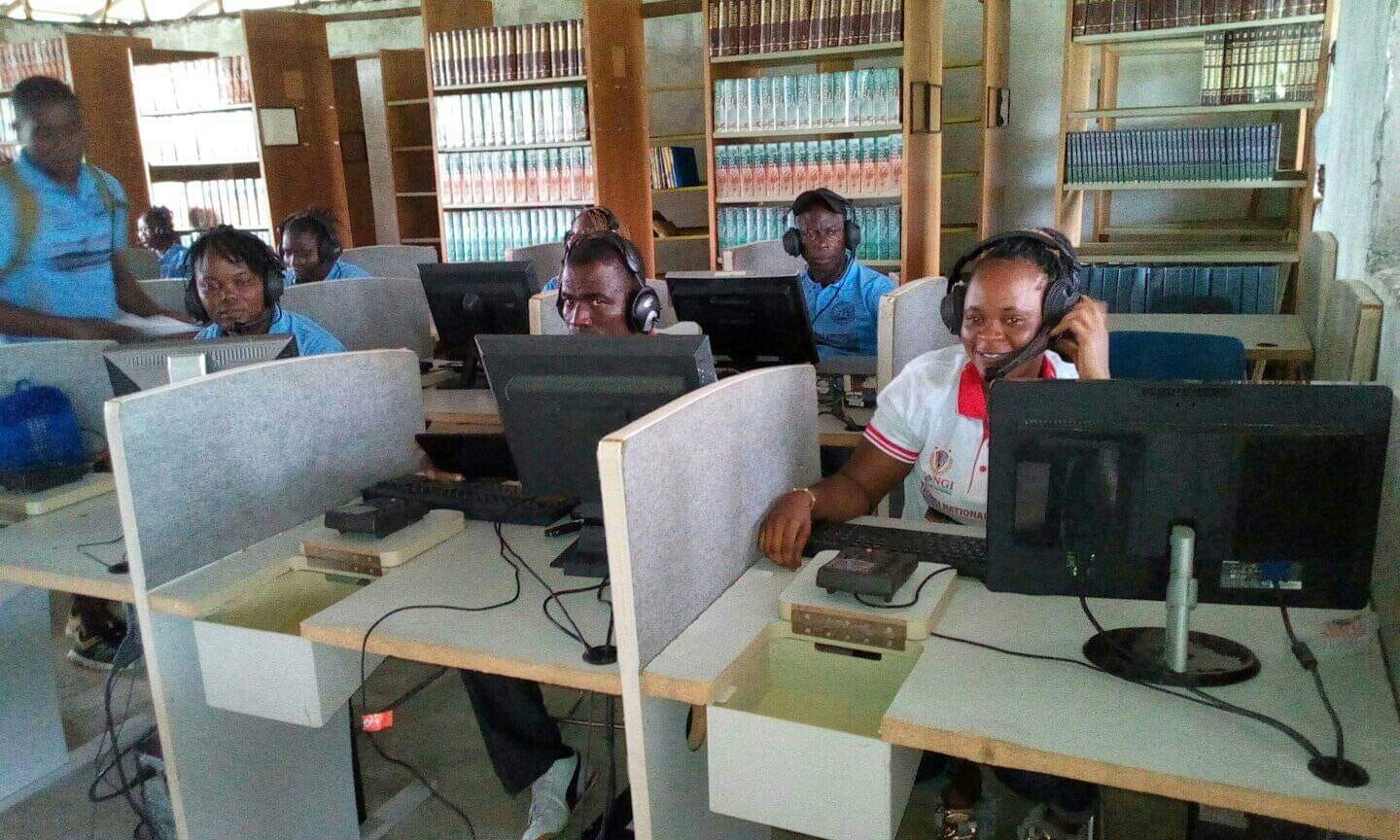
There Is A Need For Interpretation By The Supreme Court Of Liberia
By Our Staff Writer
Amongst many reasons, laws are enacted and rightfully implemented for the protection and co-existence of people and regions. In the case of the Republic of Liberia, the constitution is the legal basis that guides the government and everyone in the country or operating in the name of the country.
The Legislature being one of the three branches of the Liberian Government, it also serves as a custodian of lawmaking, oversight and representation. The other two branches are the second branch, the ‘Judiciary’ and the ‘Executive’, the third branch.
The Judicial branch is headed by the Chief Justice, presiding over the Supreme Court of Liberia known as the highest court in the country. This branch is responsible to interpret the law and make final judgments in all legal matters in the country.
In the wake of all this, the lawmakers who are constitutionally responsible to make the laws and also ensure that the law is protected, seem to be the ones repeatedly and deliberately undermining the rule of law by taking actions and making decisions that the law itself forbids?
A case study is the situation of the power struggles, self-interest seeking and disorderly conducts of the members of the House of Representatives surrounding the speakership position that held the country hostage, created more depression for the citizens and saw the country also incurring huge loses in the period of eight months.
Article 49 of the 1986 Liberian Constitution says, “The House of Representatives shall elect once every six years a speaker who shall be the presiding officer of that body, a deputy speaker, and such other officers as shall ensure the proper functioning of the House. The speaker, the deputy speaker and other officers so elected may be removed from office for cause by resolution of a two-thirds majority of the members of the House”.
This provision of the constitution requires that a speaker and some other leadership positions in the house must be decided by means of election once after every six years. These people according to the law may be removed from their positions by a two-third majority members of the house. The constitution is not clear about if a deputy speaker can or cannot replace a speaker if he or she resigns or is removed from office.
On the other hand, the essence of a deputy speaker who is much closed to the speakership and understands a lot of things about the speakership is to assist the speaker and even replace the speaker in the period of the six years when the speaker is no more occupying the position. This is necessary even if the six years drastically reduced to the letter.
You can’t have a deputy speaker just for the purpose of sitting near the speaker or temporarily presiding in the absence of the speaker.
In the case of the two speakers heading the House of Representatives for eight months in Liberia, the current deputy speaker is now deputizing the second speaker in less than six years. Again, the constitution says election after every six years.
Were they under compulsion to elect a new speaker? Was it not prudent for the deputy speaker to occupy the position of the speaker while the person next to him in ranking takes his place to complete the six years to avoid coming into controversy with the law?
Contextually, in the case of the president and the vice president, the law requires the vice president to automatically replace the president if the president resigns, dies, gets impeached, or is completely disable to function as a president.
In the case of the Legislature, why doesn’t the deputy speaker replace the speaker too? If the deputy speaker is only as important as presiding in the absence of the speaker and taking huge salary and benefits but not good for occupying the speakership position when the speaker is no longer in the picture, why should there be a seat created for the deputy speaker and taking huge salary for that position?
Considering recent case studies, when Honorable J. Alex Tyler resigned, his deputy did not take over but an election was held which Honorable J. Emmanuel Nuquay won on white ballot, thus becoming the speaker to continue the six years speakership tenure. Before him, Honorable Edwin M. Snowe left the position but his deputy did not replace him in the position too. Another election was held that brought Honorable Alex Tyler as a speaker. In the midst of the power struggles for the speakership, and after the Supreme Court has ruled in favor of Honorable J. Fonati Kofa, he resigned his position as a speaker of the House of Representatives. Again, the deputy did not replace him but a new election was held which now sees Honorable Richard N. Koon as the incumbent speaker.
Does it mean that this position was only created to waste or misuse the Liberian People’s money? Why was this position created then, if the deputy speaker cannot replace the speaker in the instance where the speaker resigned or is removed from office?
In conclusion, there is a serious need for the Supreme Court of Liberia to clearly interpret Article 49 of the 1986 Liberian Constitution to either make it clear that the lawmakers have been breaching this provision of the constitution or their actions are in accordance with the law.
A lot of people are actually concerned and they want to know whether the lawmakers have always violated article 49. By this, it will be made explicit if the position of the deputy speaker is necessary or if there is no need to continue to spend the Liberian People’s money for the salary and benefits of a deputy speaker.




















